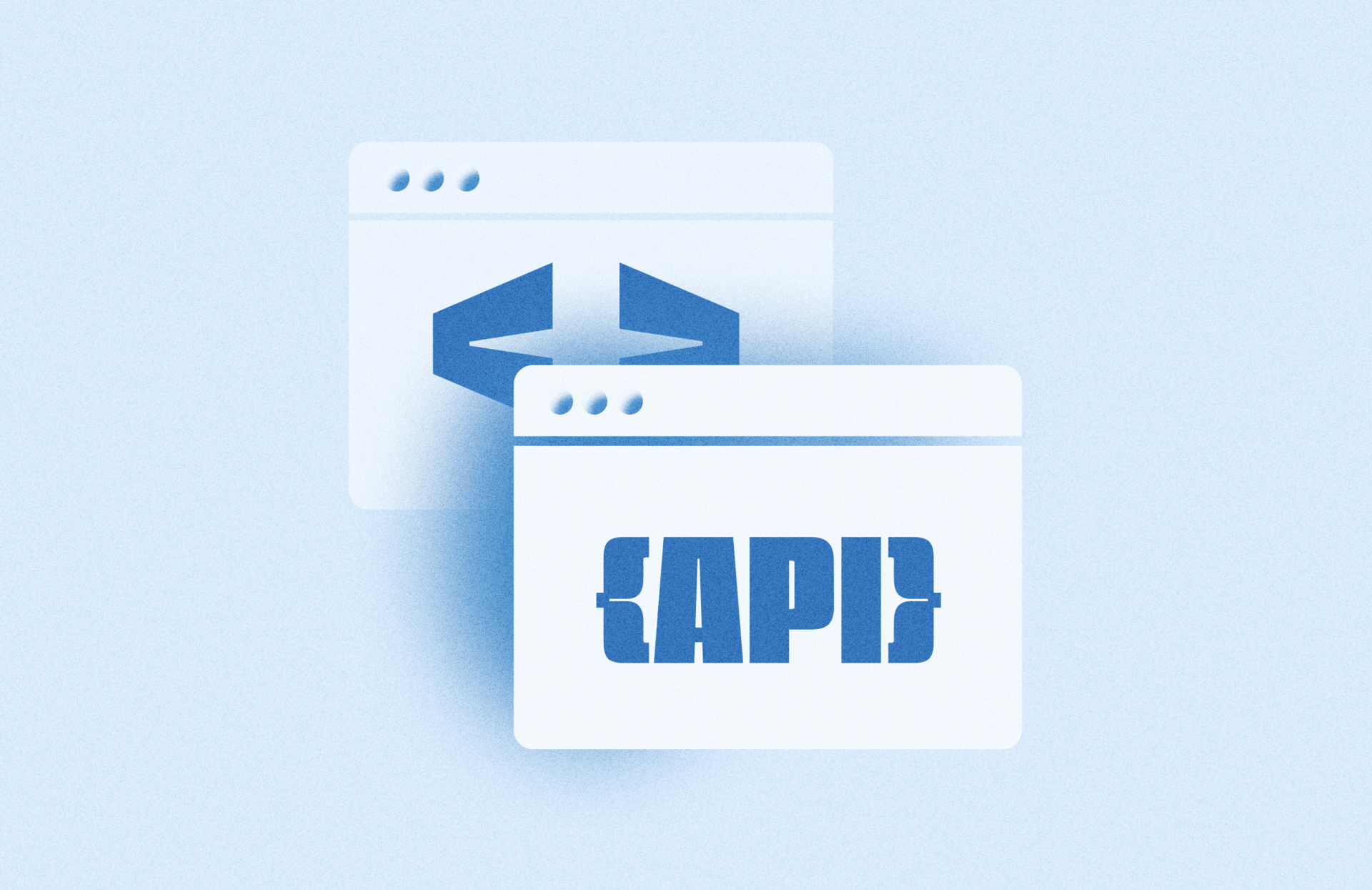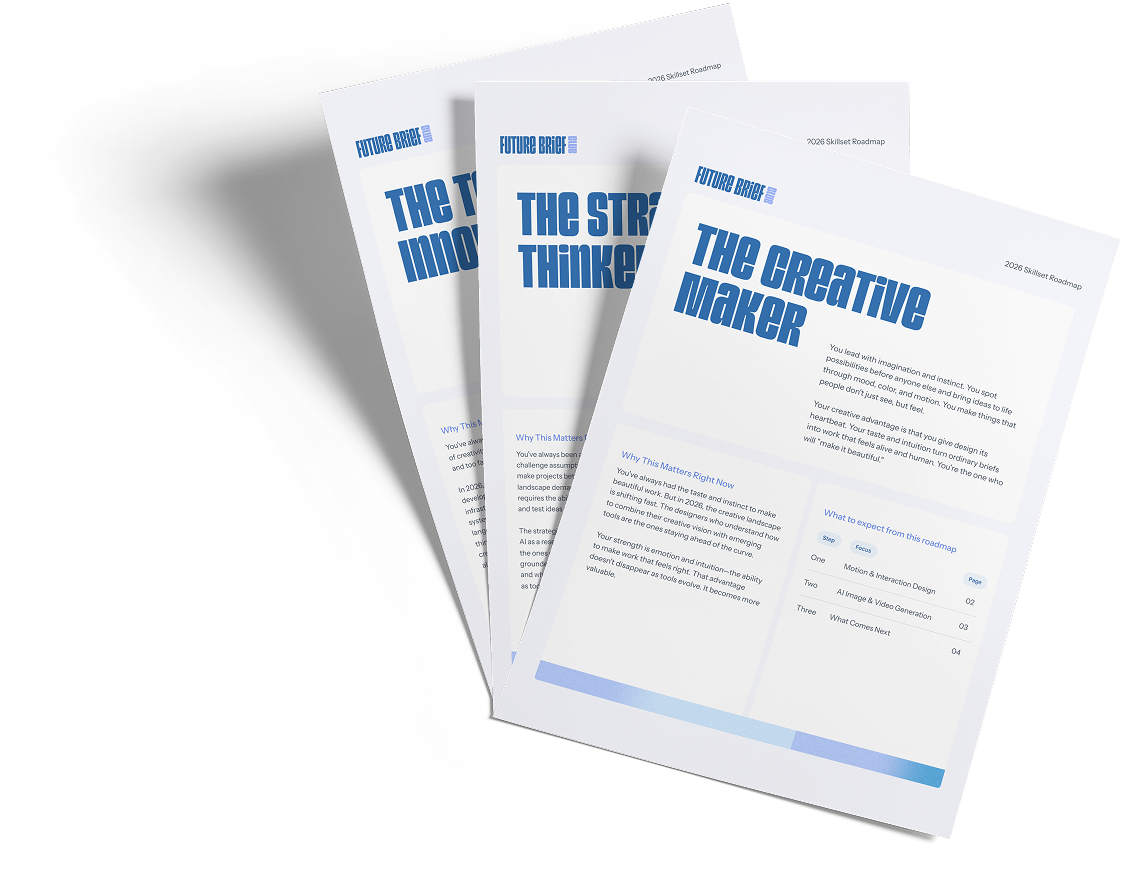

There's a certain magic in the air for creatives right now, and it's centered around a concept called "vibe coding." The idea is pretty straightforward: instead of coding an app or a website from scratch, you simply describe the end goal or the general vibe you're aiming for - maybe by referencing a Figma design, a mood board, or even just a particular feeling - to a tool like ChatGPT or Lovable, and poof. The code appears.
It’s an incredible way to build MVPs, test ideas, and even learn the fundamentals of code. You can literally bring anything to life.
But after the initial spark of creation, a lot of people hit a wall. I've seen it happen again and again: a brilliant prototype is born, but the creator doesn't know where to publish it, what a database is, or how to handle something as basic as user logins.
Even worse, in their excitement to connect a cool feature - like an OpenAI integration - they make a critical mistake: they paste their secret API key directly into the front-end code for the whole world to see.
"So what?" you might think. "It's just a small personal project."
The reality is, API keys are tied to your credit card. If your key leaks, anyone can grab it and start using it. And when a massive bill for hundreds, or even thousands, of dollars rolls in, it’s incredibly difficult to prove to the provider that it wasn’t you. I’ve read a ton of horror stories about this exact scenario. It’s a costly, stressful nightmare that can erase all the joy from your creative work.

You don't need to be a senior developer to do this right. The solution is to treat your secret keys like passwords and never write them directly into your main script. If you've ever worked with WordPress, it's the same principle as adding special keys to your wp-config.php file instead of pasting them directly into a theme.
The standard practice in modern development is to use environment variables. It sounds technical, but the concept is simple:
You create a special, private file (usually called
.env).You store your secret keys in that file.
You then tell your main code to get the key from that private file.
Most importantly, you tell your publishing tool (like GitHub) to ignore the private file, so it never gets uploaded publicly.
Vibe coding is here to stay, and it's going to unlock a new wave of creativity. But we have to remember that these AI tools are here to speed up our process, not completely replace learning.
As your code gets more complex, bugs will appear. You will need to troubleshoot, and that means you need to be able to read the code you’ve generated. Focus on understanding the language you're most comfortable with. Let AI be your co-pilot, not the one flying blind.
Your golden rule: Create freely, but deploy carefully.

Here are a few resources to help you level up your security and dive deeper into the world of vibe coding:
🛠️ Tools to Check Out
Lovable: The tool that has kickstarted many vibe coding journeys.
v0.dev by Vercel: An amazing tool that generates user interfaces from simple text prompts.
📖 Articles Worth Reading
“How to avoid exposing your API key in your public front-end apps”: A cool article that dives into how this trend is changing the creative industry.
“The Rise of Vibe Coding: How AI is Changing Development”: A cool article that dives into how this trend is changing the creative industry.
“Vercel’s Guide to Environment Variables”: If you use a platform like Vercel to host your projects, their documentation makes managing keys incredibly simple.


